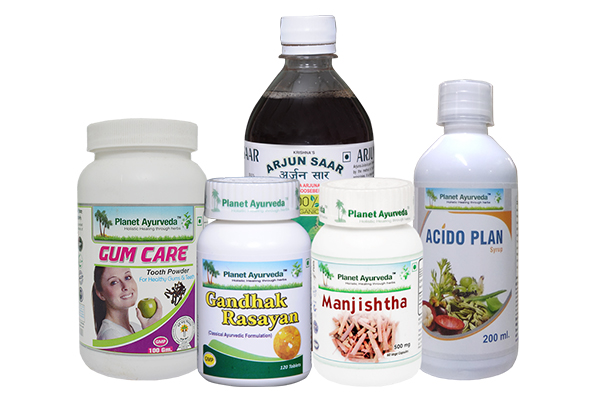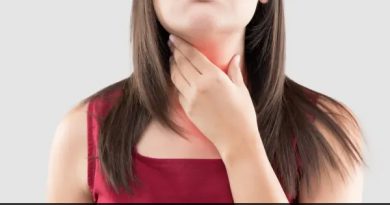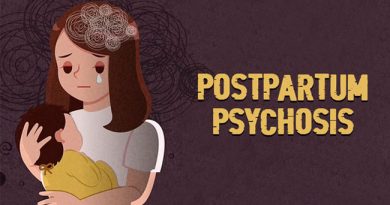Maintaining Oral Hygiene in Ayurvedic Way
Abstract
For understanding oral hygiene we have to understand what is oral cavity? Oral cavity refers to mouth. The cavity includes lips, lining inside of cheeks and lips, upper and lower gums, front two third part of tongue, bony roof of the mouth, the floor of the mouth (under the tongue) and small area behind the wisdom tooth. The oral cavity represents first part of digestive system. The primary function of oral cavity is to initiate digestive process by secreting and mixing saliva with food and propulsion of alimentary bolus into pharynx. Oral cavity is also called as buccal cavity. In Ayurveda they have explained total sixty five diseases of oral cavity under mukharoga.
Introduction
Oral health or oral hygiene means health of gums, teeth, inside lining of cheeks and lips. Any affect to any of these parts of oral cavity will directly show affect on our smile and our diet. Any disease or condition that affects our oral cavity makes it difficult to even eat. For example if you develop mouth sores in your oral cavity then you will not be able to take any kind of food articles comfortably. That’s why taking care of oral health is very important, not only in adults but also in children. As children are in their growing ages, so they must be taught about maintaining oral hygiene like brushing teeth (dantadhavan), flossing, kavala (revolving medicated liquid in mouth), gandusha (holding medicated liquid in mouth for sometime but is not revolved) etc. Under mukharoga ayurveda explains aoshta roga (lip conditions), danta roga (dental disorders), gum disorders (dantamoolagata vikar) and tongue disorders (jihawagata roga).
Maintenance of Oral Hygiene
Ayurveda is a vast branch that probably has solution to every problem. Maintenance of oral hygiene is one of them. Following are some techniques which can be used for maintaining oral health as well treating conditions related to oral health.
1. Brushing Teeth (Dantadhavan)
Brushing teeth is mentioned for at least two times a day. One should brush in the morning and night after intake of food with twings of arka (Calotropis gigantea), vata (Ficus benghalensis), khadira (Senegalia catechu), karanja (Millettia pinnata) and arjuna (Terminalia arjuna). The thickness of twigs should be equal to one little finger and length should be twelve angula. One end should be made like a brush by chewing and teeth should be brushed without injuring gums.
- Technique of brushing teeth: One should brush in vertical direction from bottom to top.
- Selection of twigs: Twigs must be selected on the basis of season, dosha, rasa and virya. For example nimba (neem) is best in bitter ones, khadira in astringent ones, madhuka is sweet ones and karanja is best in pungent ones.
- Benefits of dantadhavana : It brings freshness, takes away bad odor and coating on teeth. It produces alleviation of kapha, clearness in the mouth and desire for food.
- Contra indications: Person who is suffering from indigestion, vomiting, difficulty in breathing, cough, fever, facial palsy, excessive thirst and mouth ulceration. In diseases of eye, head and ear it is contra indicated.
2. Tongue Cleaning (Jihava Nirlekhan)
Tongue cleaning should be done with the help of instrument which is smooth and soft. It should measure around ten angula in length and should be made up of silver, gold or iron.
Benefits: It removes bad taste, odor of mouth, cures edema, stiffness of tongue and gives taste.
3. Gargling (Gandosh)
Mouth is completely filled with gandusha dravya and kept without movement in gargling or gandusha. Liquids are generally used in gandusha.
Method for gandusha: Gandusha should be done with concentrated liquid. Liquid should be kept in mouth till dosha gets filled in mouth or before eyes starts watering.
Different Liquids Used for Gargling
- Snigdha gandusha: Unctuous substance having sweet, sour and salty taste is used for alleviate Vata.
- Prasadana / samana/ gandusha: Sweet and bitter tastes and cold quality drugs are used to pacify pitta.
- Shodhana: Drugs having hot and dry quality are used to expel kapha.
- Ropana: Bitter, sweet and astringent tastes having healing properties are used to heal the wounds.
- Every day gandusha is done with oil and meat soup.
4. Mouth Wash (Kavala)
The medicated decoction that can be easily moved in the mouth is kavala. The method of practice is same as that of gandusha. The only difference is kavala is used in less amounts.
Benefits of gandusha and kavala: Practice of gandusha and kavala is known to enhance strength of mandible, resistance of voice, nourishment of oral cavity, enhances taste and prevents dryness of throat. It also prevents cracking of lips, decay of teeth and makes teeth strong. People do not experience pain, tingling sensation after eating sour food or hard food.
Effects of not Maintaining Oral Hygiene
- Tooth decay (cavities, pain due to decaying tooth)
- Halitosis (bad breath)
- Gingivitis (inflamed gums)
- Early falling of teeth
- Coated tongue
- Mouth sores or ulcers
- Diminishes taste sense in some cases
- Tooth sensitivity
Mouth health or oral health is also affected if you have digestion related problem. To enhance your mouth health and for managing conditions related to oral cavity planet Ayurveda has oral thrust care pack. Planet Ayurveda is a leading herbal manufacturing company. The products offered by our company are totally herbal and causes no side effects.
Oral thrust pack has five formulations that help in maintaining oral health and managing oral conditions.
Products Description
1. Arjun Saar
This formulation contains standardized liquid extract of arjuna (Terminalia arjuna) and amla (Indian goosebery). Arjuna is known to balances three humors that are Vata, Pitta and kapha. On the other hand amla is used for its soothing effects. This formulation comes in form of decoction.
Use: 20 ml of arjuna saar in equal amounts of water is mixed. Kavala of this mixture is to be done twice a day after meals.
2. Gum Care Powder
This powder contains many herbs like sonth, haritaki, khadir etc. This formulation has all herbs that reduce inflammation and improves gum health.
Use: The powder is to be massaged over gums twice a day.
3. Gandhak Rasayan
Gandhak rasayan is a rasa aushadi which is made up of purified form of sulphur. This formulation is very widely used in all skin ailments.
Dosage: Two tablets twice a day after meal.
4. Acido Plan Syrup
This formulation contains patola, ghrita kumari, triphala etc. This is the best syrup for pacifying pitta.
Dosage: two teaspoon twice a day after meals.
5. Manjistha Capsules
For this formulation standardized extract of Manjistha (Rubia cordifolia) is used. It enhances blood circulation and also treats many skin ailments
Dosage: One capsule twice a day.
Conclusion
Oral health is very easy to manage. All you have to do is be a bit careful and should take care of small things that can contribute in enhancing your mouth health. In case of any query visit www.planetayurveda.com







